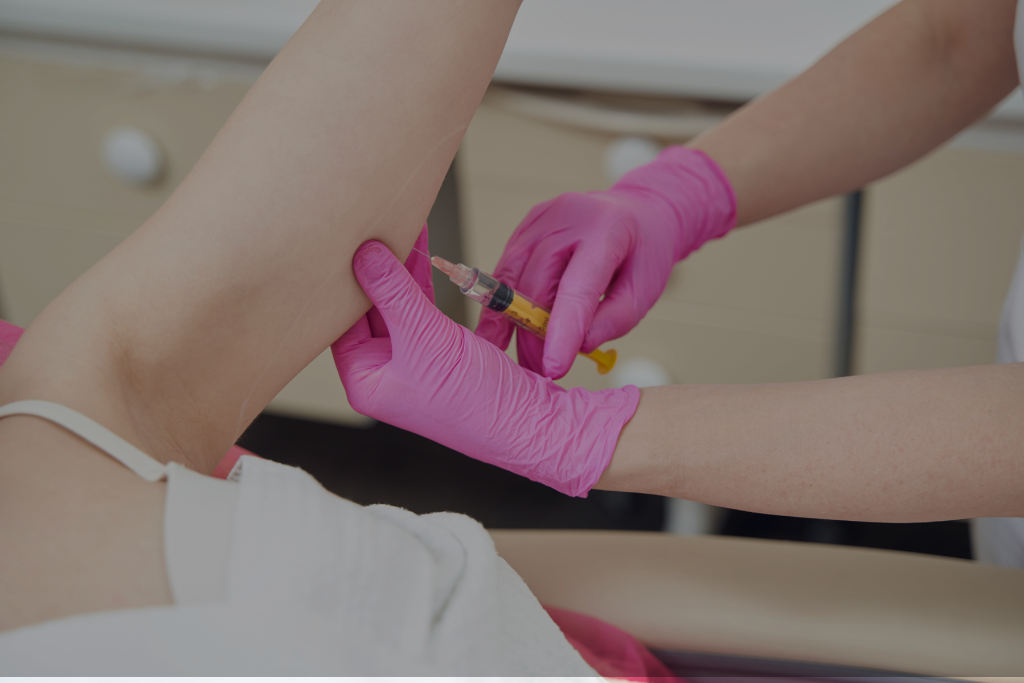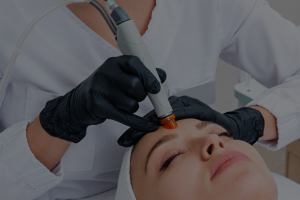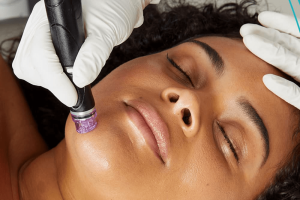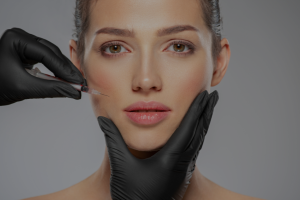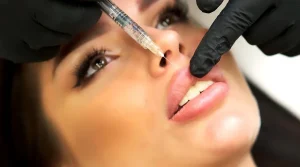Fat dissolving injections have gained significant popularity as a non-surgical solution for reducing stubborn pockets of fat resistant to diet and exercise. These injectable treatments, which use active ingredients like deoxycholic acid to break down fat cell membranes, offer patients a less invasive alternative to surgical procedures such as liposuction. While many individuals can benefit from this innovative treatment for areas like double chin, belly fat, muffin tops, and bra bulge, fat dissolving injections are not appropriate for everyone. Understanding the contraindications and limitations of this cosmetic procedure is crucial for patient safety and optimal outcomes. This comprehensive guide explores who should avoid fat dissolving injections, why certain conditions may disqualify candidates, and what alternative treatment options might better serve specific patient populations.
Understanding Fat Dissolving Injections
What Are Fat Dissolving Injections?
Fat dissolving injections, also known as injection lipolysis or lipolysis treatment, are a non-surgical injectable treatment designed to reduce localized fat deposits. The most common formulation used in Health Canada-approved treatments contains deoxycholic acid, a synthetic version of bile acids naturally found in the human body. When injected into targeted fat pockets, this specialized solution disrupts the fat cell membrane, causing the cells to rupture and release their contents.
How the Treatment Works
During the procedure, a qualified healthcare professional injects small amounts of the fat dissolving solution directly into the targeted fat layer. The active ingredient (typically deoxycholic acid) breaks down the fat cell membrane through a process called lipolysis. After treatment, the body’s natural processes eliminate the destroyed fat cells over several weeks, gradually revealing a more contoured appearance in the treated area.
Areas Commonly Treated
Fat dissolving injections are most frequently used to address:
- Submental fullness (double chin)
- Small pockets of fat on the abdomen
- Localized fat deposits on the hips and thighs
- Bra bulge
- Unwanted bulges that resist diet and exercise
- Muffin tops
Absolute Contraindications
Pregnancy and Breastfeeding
Women who are pregnant, planning to become pregnant, or breastfeeding should not receive fat dissolving injections. The effects of deoxycholic acid on fetal development or breast milk have not been thoroughly studied, making treatment during these periods potentially risky for both mother and child.
Active Infections at Injection Sites
Patients with active infections, including bacterial, viral, or fungal infections in or near the treatment area, should postpone treatment until the infection has completely resolved. Injecting through infected tissue can spread infection and potentially lead to more severe complications.
Hypersensitivity to Ingredients
Individuals with known allergies or hypersensitivity to deoxycholic acid or any other ingredients in the fat dissolving solution should avoid this treatment. Allergic reactions can range from mild skin irritation to potentially life-threatening anaphylaxis.
Multiple or Severe Skin Conditions
Patients with multiple or severe skin conditions affecting the treatment area, such as eczema, psoriasis, or dermatitis, should not undergo fat dissolving injections until these conditions are well-controlled. These skin conditions can increase the risk of adverse reactions and infection.
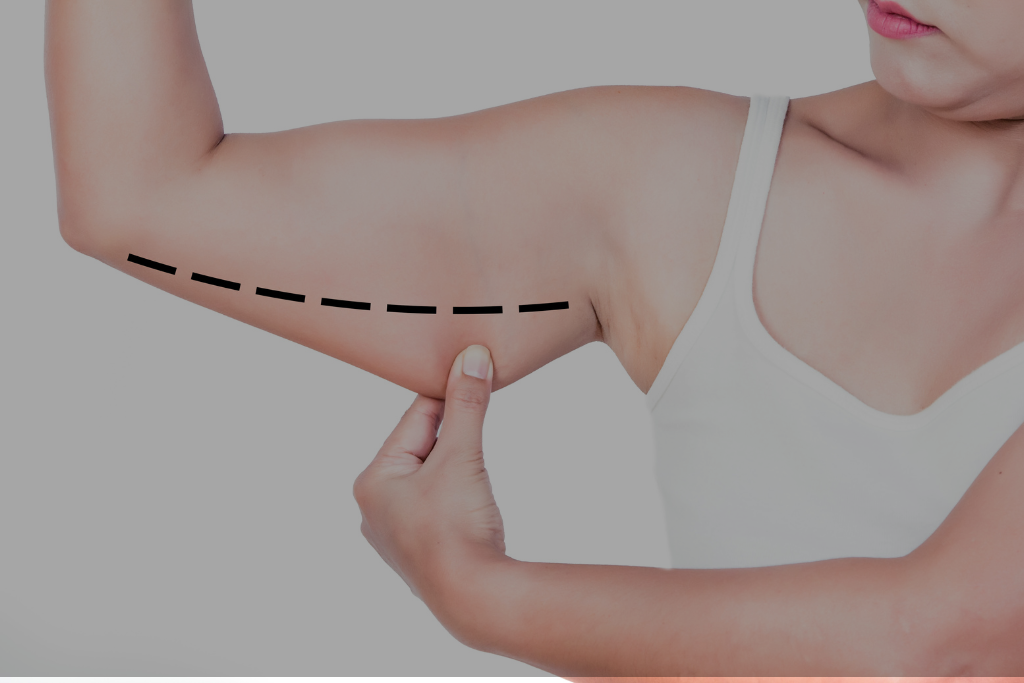
Autoimmune Disorders
People with certain autoimmune disorders, particularly those affecting the skin or connective tissues, may not be suitable candidates for injection lipolysis. These conditions can alter how the body responds to the treatment and potentially lead to unpredictable or severe side effects.
Relative Contraindications
Bleeding Disorders or Blood Thinner Use
Patients with bleeding disorders or those taking blood thinners have an increased risk of bruising and bleeding at injection sites. While not an absolute contraindication, these conditions require careful consideration and possibly consultation with the patient’s primary healthcare provider before proceeding.
History of Keloid or Hypertrophic Scarring
Individuals prone to keloid or hypertrophic scarring should approach fat dissolving treatments with caution. While the injection sites are typically very small, there is still a potential risk of abnormal scarring in susceptible individuals.
Unrealistic Expectations
Patients with unrealistic expectations about what fat dissolving injections can achieve should not proceed with treatment until they develop more reasonable expectations. This cosmetic procedure provides subtle, gradual improvements rather than dramatic, immediate results, and is not a weight loss method but a body contouring treatment.
Significant Skin Laxity
Patients with substantial loose skin in the treatment area may not be ideal candidates. Fat dissolving injections reduce fat volume but do not improve skin elasticity or tighten loose skin. In fact, removing fat in areas with poor skin tone may actually make skin laxity more apparent, worsening rather than improving appearance.
Previous Adverse Reactions to Injectables
Those who have experienced severe side effects from previous injectable treatments should exercise caution. A history of significant adverse reactions suggests an increased risk of complications with fat dissolving injections as well.
Medical Conditions That May Disqualify Candidates
Heart and Cardiovascular Conditions
Patients with uncontrolled or severe heart conditions, including hypertension, may not be suitable candidates for fat dissolving injections. The stress of the procedure and potential systemic absorption of the active ingredient could potentially exacerbate these conditions.
Liver or Kidney Disease
Since deoxycholic acid is processed by the body, patients with significant liver or kidney dysfunction may have difficulty metabolizing and eliminating the substance, potentially leading to increased risk of complications or prolonged side effects.
Dysphagia or Difficulty Swallowing
For treatments targeting the submental area (double chin), patients with existing dysphagia or difficulty swallowing should avoid fat dissolving injections. The potential swelling and inflammation in this area could temporarily worsen these conditions.
Neurological Conditions
Certain neurological conditions, particularly those affecting facial muscles or sensation in the treatment area, may increase the risk of nerve injury or other complications during fat dissolving procedures.
Connective Tissue Disorders
Patients with connective tissue disorders may experience unpredictable healing responses and potentially more severe inflammatory reactions to fat dissolving injections.

Lifestyle Factors to Consider
Unstable Weight
Individuals experiencing significant weight fluctuations should not undergo fat dissolving treatments until they achieve and maintain a stable weight through proper diet and regular exercise. Weight gain after treatment can affect results, as remaining fat cells can expand and potentially create an uneven appearance.
Inability to Follow Post-Treatment Care Instructions
Patients unable or unwilling to follow post-treatment care instructions, such as avoiding strenuous exercise for the recommended period or applying cold compresses as directed, may experience increased swelling, discomfort, or other complications.
Upcoming Major Events
Those with major events or occasions approaching within a few weeks should postpone treatment. The potential for swelling, bruising, and other temporary side effects could affect appearance during these important occasions.
Inability to Attend Follow-Up Appointments
Fat dissolving treatments typically require multiple treatment sessions and follow-up appointments to monitor progress and address any concerns. Patients unable to commit to this schedule should consider alternative options.
Age-Related Considerations
Adolescents and Young Adults
Fat dissolving injections are generally not recommended for individuals under 18 years of age. Young adults should also carefully consider whether their concerns might resolve naturally with continued development or lifestyle modifications before pursuing injection lipolysis.
Older Adults with Significant Skin Aging
Older adults with marked skin laxity and poor skin elasticity may not achieve satisfactory results with fat dissolving injections alone. The reduction in fat volume without corresponding skin tightening could potentially worsen the appearance of loose skin, creating an aged rather than youthful look.
Anatomical Considerations
Areas with Thin Subcutaneous Fat Layer
Fat dissolving injections should be approached with caution in areas with a very thin fat layer, as there is an increased risk of affecting underlying structures such as muscles, nerves, or blood vessels.
Areas with Previous Surgery or Trauma
Injection sites with significant scarring, previous surgical intervention, or trauma may respond unpredictably to fat dissolving treatments. Altered anatomy and circulation in these areas can increase complication risks.
Areas of Fat Essential for Protection
Certain fat deposits serve protective functions in the body. Fat pads that cushion nerves, blood vessels, or bony prominences should not be targeted for reduction as this could lead to discomfort or other issues.
Temporary Situations That Require Postponement
Active Herpes Outbreaks
For facial treatments, particularly around the mouth or chin, patients with active herpes simplex virus outbreaks should postpone treatment until the outbreak has completely resolved to prevent potential spread of the virus.
Recent Sunburn or Sun Exposure
Treatment should be delayed for patients with recent significant sun exposure or sunburn in the treatment area. Compromised skin barrier function can increase the risk of irritation and other adverse reactions.
Days Before Treatment: Medications to Avoid
In the days before treatment, patients should avoid medications and supplements that can increase bleeding risk, including:
- Aspirin and NSAIDs
- Vitamin E supplements
- Fish oil and omega-3 supplements
- Certain herbal supplements like ginkgo biloba
Why Choose Beauty Aesthetics, Toronto
Expert Assessment Process
At Beauty Aesthetics in North York, our experienced team conducts thorough consultations that include in-depth digital skin analysis and comprehensive medical history reviews. This meticulous screening ensures we identify any contraindications before recommending fat dissolving or any other treatment.
Ethical Practice Standards
We maintain strict professional standards and moral principles that prioritize patient safety above all else. Our team will never recommend fat dissolving injections to patients who are not suitable candidates, even if they specifically request this treatment.
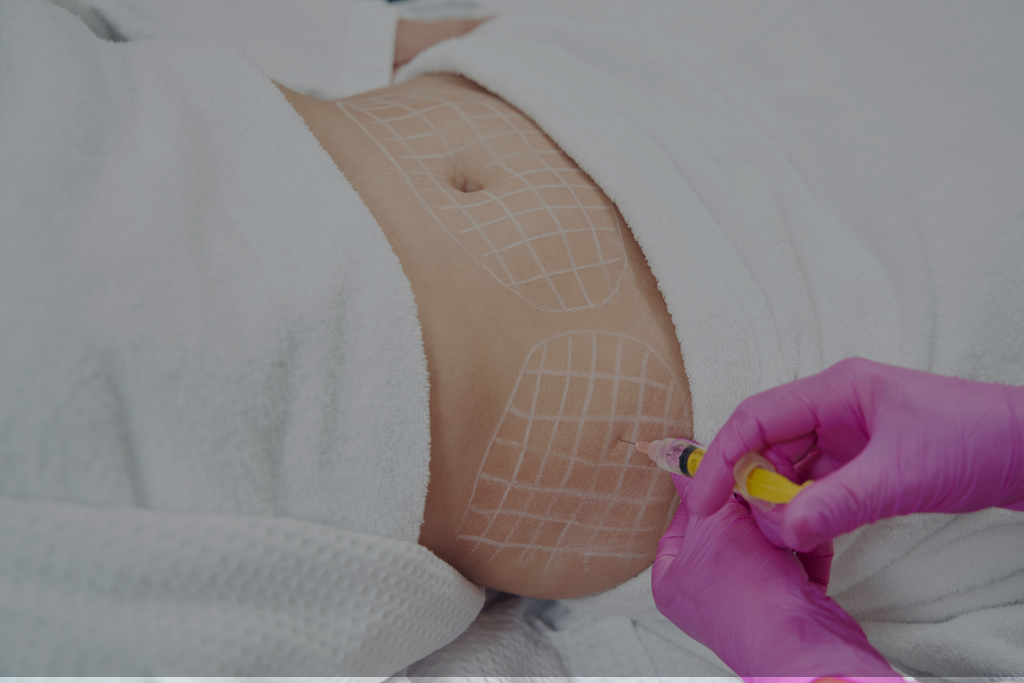
Advanced Training in Injectable Safety
Our qualified healthcare professionals possess extensive training specifically in injection lipolysis and related aesthetic procedures. This specialized expertise allows us to accurately assess candidacy and minimize risks for our patients.
Personalized Alternative Recommendations
When patients are not ideal candidates for fat dissolving treatments, our expert team excels at creating personalized alternative treatment plans. We consider each individual’s aesthetic goals, medical history, and personal circumstances to recommend the most appropriate advanced solutions.
Commitment to Transparency
We believe in complete transparency regarding potential side effects, realistic expectations, and treatment limitations. Our consultations include clear, detailed explanations of what fat dissolving can and cannot achieve for your specific situation.
Comprehensive Aftercare Support
For suitable candidates who proceed with treatment, we provide detailed post-treatment care instructions and schedule appropriate follow-up appointments to monitor progress. Our team remains available to address any concerns during recovery, from managing mild swelling to addressing rare complications.
Conclusion
While fat dissolving injections offer an excellent alternative to invasive procedures for reducing stubborn pockets of fat, they are not appropriate for everyone. Various medical conditions, anatomical factors, and lifestyle circumstances can make this treatment either unsafe or unlikely to produce satisfactory results for certain individuals. At Beauty Aesthetics, Toronto, we prioritize your safety and satisfaction above all else, which means sometimes recommending against treatments that carry excessive risk or won’t meet your aesthetic goals. Our experienced team excels at identifying suitable candidates while offering personalized alternative solutions for those who don’t qualify. By understanding these contraindications and consulting with qualified professionals, you can make informed decisions about your body contouring journey and achieve the sculpted appearance you desire through the most appropriate, safe, and effective means for your unique situation.

